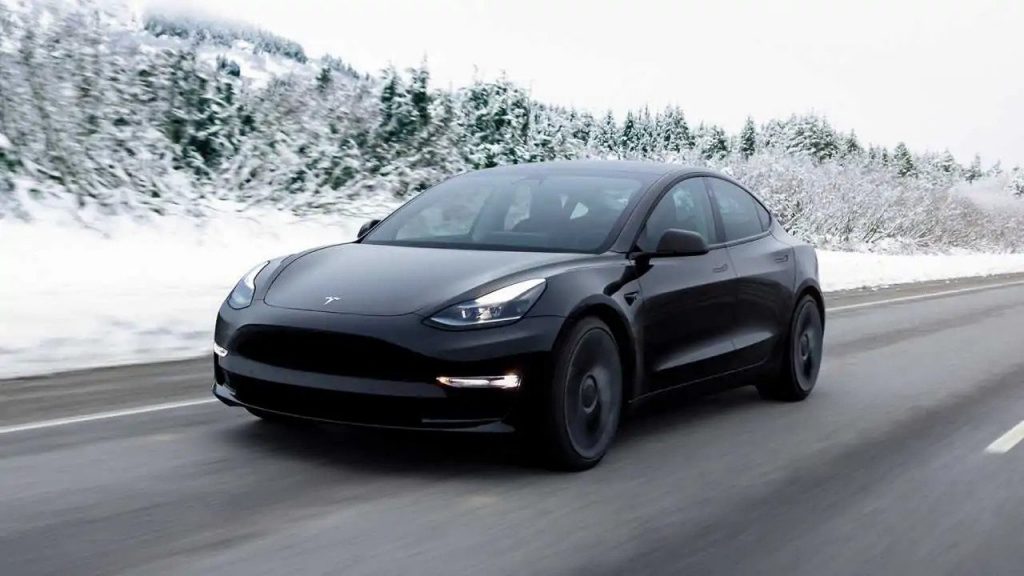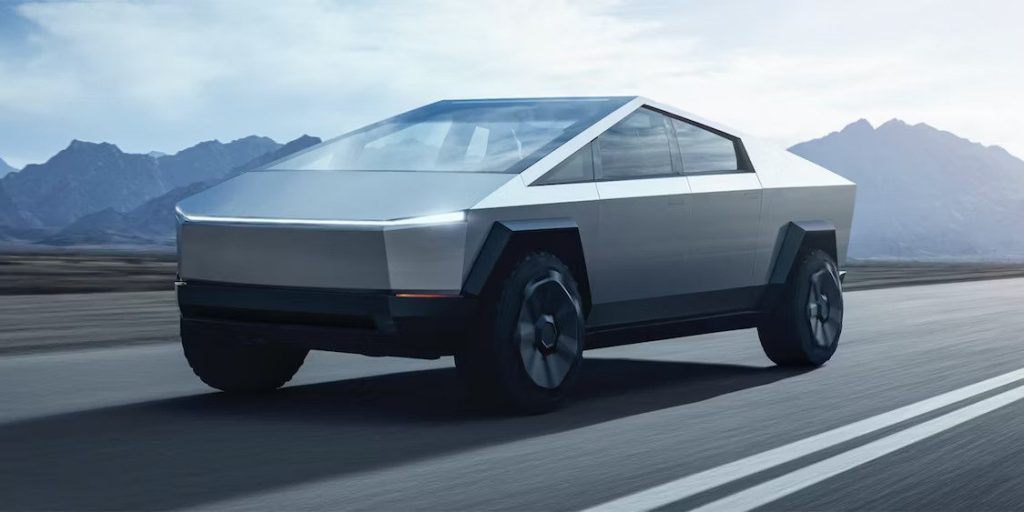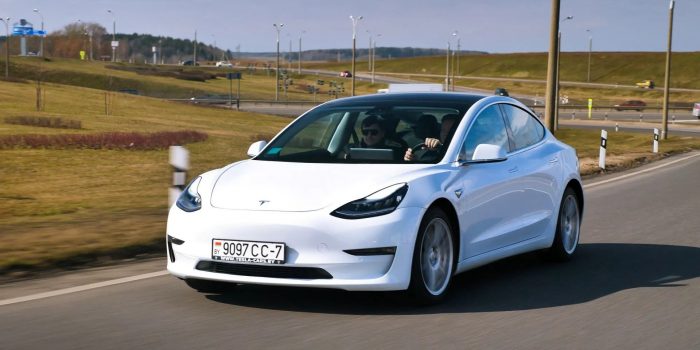Tesla has recently reduced prices on certain car models, indicating an intensifying price competition in the electric vehicle (EV) market. However, there is some unfortunate news for potential EV buyers.
The complete $7,500 tax credit, available to many new EV purchasers, is not expected to apply to the lower-priced variant of Tesla’s Model 3 for new cars put into service on or after April 18. Instead, the most affordable model, the Model 3 Standard, will only be eligible for half of the credit, amounting to $3,750.

The tax credit, a component of the Inflation Reduction Act, pertains to new EVs manufactured in North America with battery components meeting specific percentages produced in North America. Buyers must also meet certain income qualifications to gain eligibility for the tax credit.
The company has struggled to meet the demand for its own battery manufacturing, leading to a partnership with a Chinese company to supply battery cells for some models even though many Tesla vehicles previously met these requirements.
Since these Chinese-made battery cells are not produced in North America, Tesla vehicles equipped with them will not qualify for the full tax credit. However, as these cars still fulfill the criteria for “critical minerals,” which forms the second part of the IRA credit, the Model 3 Standard remains eligible for a half credit.
Tesla’s struggles in manufacturing its own electric vehicle (EV) batteries have caused significant delays in delivering its highly anticipated “Cybertruck.” The company has repeatedly postponed its release date, originally planned for 2021 despite amassing over 1.5 million pre-orders

Currently, the Cybertruck’s full production is scheduled for some time in 2024, making it a truck of the future that remains elusive in the present.
However, the issue of delayed release dates is not the only concern surrounding Tesla’s recent promises. The company made bold claims about eliminating rare earth elements from its motors, a move that could have substantial environmental benefits and potentially reduce prices significantly if successfully implemented.
Yet, if Tesla’s production challenges persist and lead to increased costs for purchasing their vehicles—especially if the tax credit is lost—it would be detrimental to the brand. On the bright side, prospective EV buyers now have numerous options available in the market at much lower prices, some of which have encountered fewer production setbacks.


